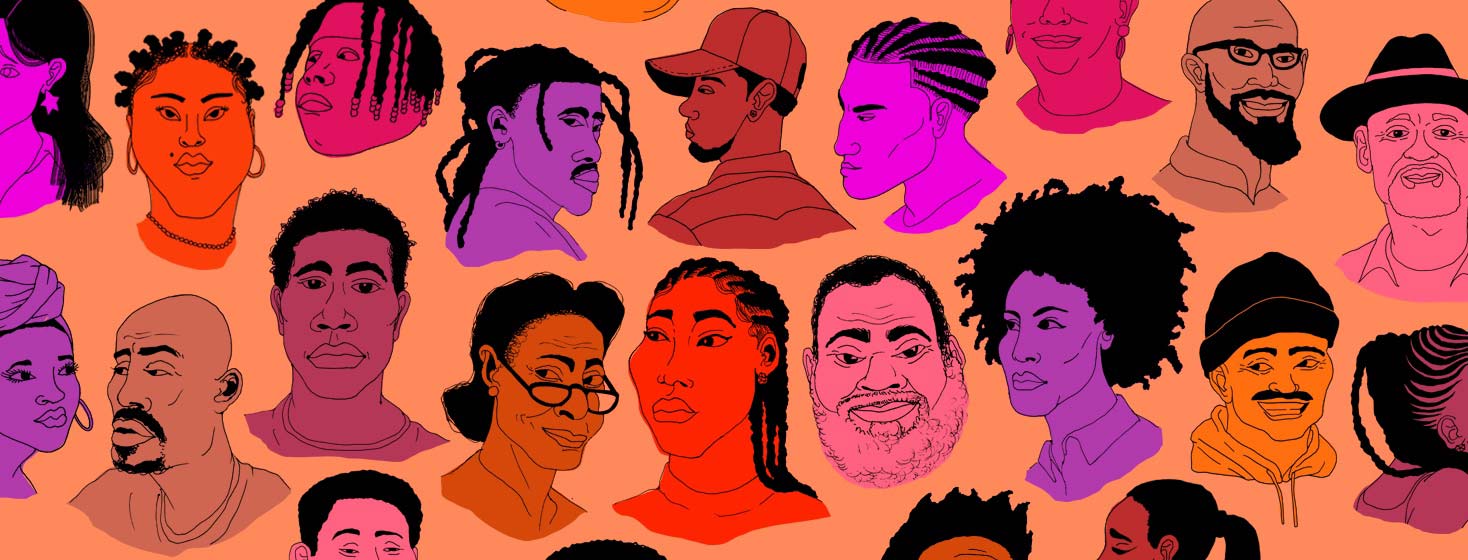Dissecting the HIV Rate in the Black Community
There are 12 months in the year, but we have 16 HIV awareness days throughout the year. That is a lot of months where HIV can be brought to life a bit more in the community. One thing that really makes me feel a certain way is National Black HIV Awareness Day (NBHAAD), which is held each year on February 7. It started in 1999, which was 2 years after I received my diagnosis.
It was created to raise awareness about HIV care and prevention by increasing testing and treatment among the Black community – to get everyone involved in being educated about HIV. But all the awareness days are for the same reason, right? What is the difference between this date when it comes to awareness? It is the alarming rate of HIV diagnosis among the Black community.
Would I have HIV if I knew how it was affecting my community?
Well, I am a Black woman, and I know that if I had more information about how HIV/AIDS was affecting Black folks, I may not be living with HIV today. Or would I? That is the question.
There are social and economic factors. For example, Black women and Black transgender women experience discrimination within the healthcare system, and this plays a part in wanting to access what is needed to prevent HIV. Black communities hardly know what PrEP is, and there needs to be more ads about it so we – especially Black women – know about it.1
If something does not look like you, you will not feel it is for you.
The data demands action
There are more than 1.2 million people in the United States living with HIV, and Black people account for 42 percent of those diagnoses. Research shows that Black gay and bisexual men are at higher risk. But in Black women, 91 percent of new HIV diagnoses came from heterosexual contact, and their diagnosis is higher among all women. Black transgender women also account for 62 percent of HIV infections among transgender women with HIV in 7 major cities.2-4
I say that anyone not using precautions to protect themselves from contracting HIV is at higher risk. That just means people need to know about the importance of taking care of their sexual health. Help me please understand why these numbers are still so high.
What are health departments, AIDS service organizations, community-based organizations, and advocates doing to help these numbers drop? Because this is still shocking today. What do we need to do to reach the Black community? And what have you done to pull people in to listen to you?
What can you do? Take action
I ask you to do your part in communicating with our people. You do not have to tell anyone you are living with HIV to do that. The most important thing is to educate someone, whether that be your family member, neighbor, friend, or even coworker.
I know people who talk about HIV while standing in line at the store. Talking to just one person can make a difference because that person will in turn tell someone else what they have learned.
Trust me, it is that easy.

Join the conversation